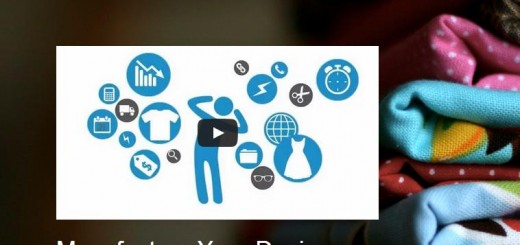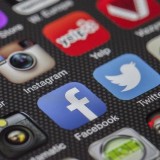8 Reasons Why Mobile Health Is Good For The Healthcare Industry

From time management to time killing, learning new things everyday to stacking information that you do not want in your head, mobile phones are doing a lot of work for us these days. It is hard to believe that this device that was supposed to help us make and receive phone calls on the move is acting more like a personal assistant who keeps a tab on your vitals, reminds you to take medications and even a consult a doctor, from the comfort of your home. As the smartphone app market swells with relevant apps, the significant contribution of health related apps can simply not be ignored. Moreover, mobile health is not limited to the presence of apps on smartphones rather it encompasses a large number of electronic devices that help in delivering healthcare ranging from health monitors to big data servers that help in storing patient information. Here are 8 reasons why the rise of mobile health is good for healthcare industry.
Personal health
A large share of apps are personal in nature allowing users to record vital health parameters over long periods of time, something that was nonexistent earlier. Clinicians have access to more personal data of their patients and can utilise this information during the course of treatments.
Improving health related information
The rise of mobile telecommunication has greatly improved the dissemination of health related information to its intended receivers. Government sponsored websites providing detailed health related information is accessible freely to anybody, anywhere thanks to mobile internet services. Additionally, in cases of emergencies such as epidemics or natural disasters, vital information can be delivered to all using mobile devices.
Community health
The ease of making as well as retrieving electronic records for patients is helping us generate big data for communities as a whole, which can be used to understand health related issues of communities at large and research ways to address them. Based on this data, programs can be planned and executed at local and regional levels making them far more effective.
Improved diagnosis
With the rise of mobile technology, efforts are now being made to develop tools that can be used to deliver accurate diagnostics at point of care establishments, primary healthcare centres using mobile/ handheld devices. This penetration in delivering high quality care not only helps the improving patient outcomes but also effective is identifying epicentres of deadly infections such as Ebola, SARS, and Swine Flu etc.
Access to recent research and development
Clinicians and health care practitioners well adept with the mobile health platforms also get access to the latest research news in their field, thereby, helping them make more informed decisions for their patients. Thanks to mobile devices and growing trends of open access publishing, research published online is accessible to all in a matter of seconds, saving valuable time as well as delivering relevant information where required.
Actionable information
Records of community health and real time trends of health parameters provide regional centres of health such as Centre for Disease Control (CDC) or World Health Organization (WHO) information that can be acted upon. Unlike in the past, where diseases became epidemics before any action was taken, the rise of mobile health facilitates action at early stages to prevent diseases from taking a catastrophic form.
Accessing larger segments in low income countries
The role of mobile health is greater in low income countries since they are the worst affected due to lack of modern infrastructure. Improved point of care diagnostics, remotely gathering data from health centres and dissemination of health related information can dramatically improve the quality of healthcare in these regions by offering timely, quick and affordable care to patients.
Strengthening Pharma supply chain
All healthcare initiatives from governments and health care providers fall flat if required medications and essential medical supplies are be delivered to the last mile. Mobile health can also aid in ensuring delivery of medical supplies using GPS and digital solutions for supply chain management. Some services go even a step further and help patients protect themselves from counterfeit or sub-standard drugs by providing a mobile drug authentication service.
Overall, the rise of mobile health is drastically changing the way healthcare is organized and delivered and offers unlimited opportunities for commercial and non-commercial players to join and contribute to good health for all.
















